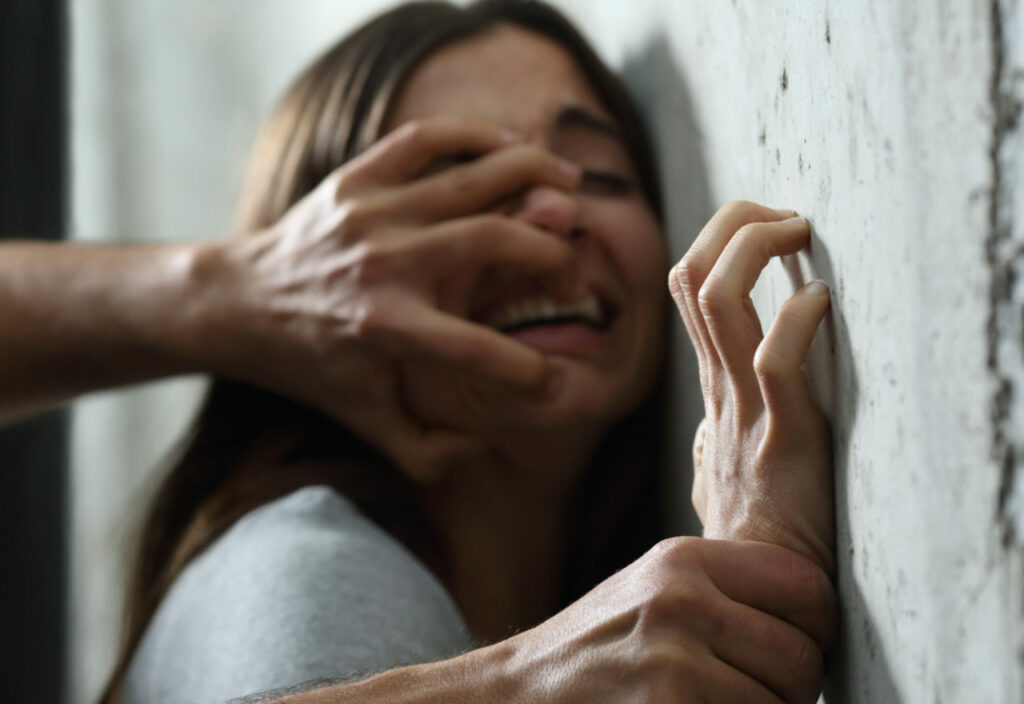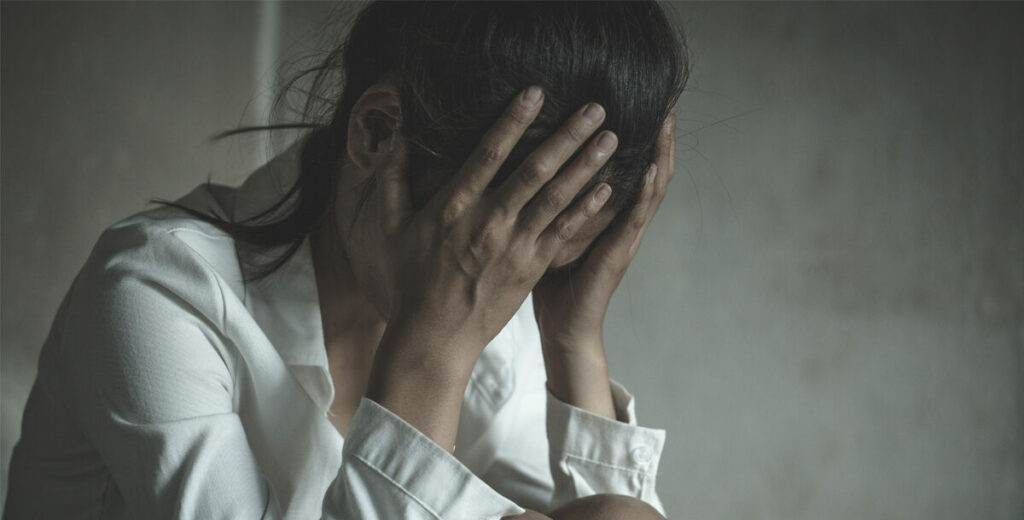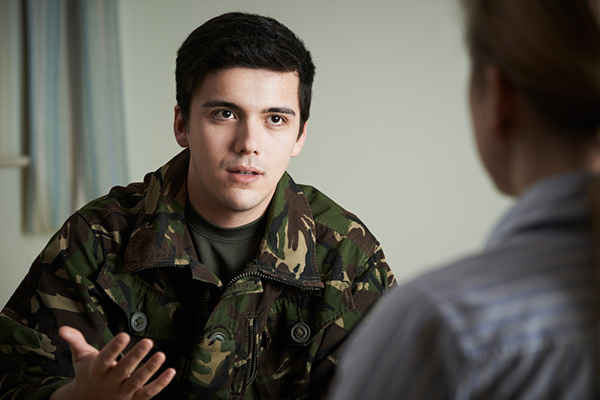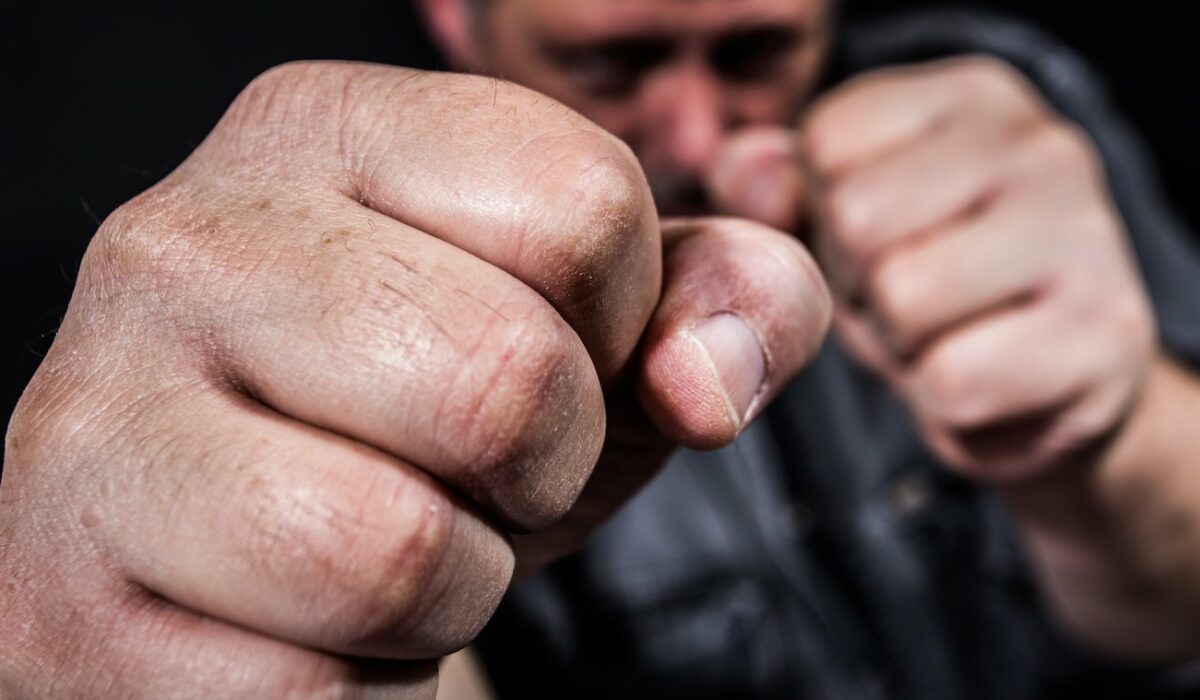
A Marine Corps First Lieutenant was charged with sexual assault after sending a photograph to his girlfriend, which showed her laying on the floor, passed out in a hotel room, along with a subsequent series of text messages in which he stated that the picture he sent of her was taken immediately after he had her while she was drunk and passed out on the hotel room floor. This was a daunting case from the start. Anytime you are dealing with an unforced “self-confession” accompanied by photographic evidence of the scene taken immediately after the event, it is going to be a difficult case.
After being charged, the Lieutenant retained Article 120 UCMJ defense attorney Tim Bilecki. Determined to win, Bilecki immediately began assembling a defense team, which included a digital forensic investigator and forensic psychologist. To put context to the confession text messages and the photograph that was sent, it was critical to have an intimate understanding of the nature of the relationship between our client and his accuser.
Both the alleged victim’s cell phone as well as our client’s cell phone were obtained through discovery, and through our digital forensic examiner, we were able to review the voluminous text message, photo, and video sharing history between the two parties. After reading over 10,000 pages of messages, it became obvious that the two had a tumultuous relationship which consisted of sexting, jealousy, fighting, sexual image and video exchanges, fantasy chat, role play, more sexting, discussion of break ups, making up, and then back to sexting, etc. It was a nearly year-long vicious cycle of highly sexually charged relationship dysfunction.
Putting the specific confession text messages and the picture into context for when and why it was sent was also important. It became clear that this photograph and “confession text” was part of a larger sexual fantasy between the two, and even though the message was sent to her, she did not report it as a sexual assault until months later after our Marine client broke up with her. Clearly, there was a motive to fabricate and use the text messages and photo against her boyfriend as revenge for him breaking up with her.
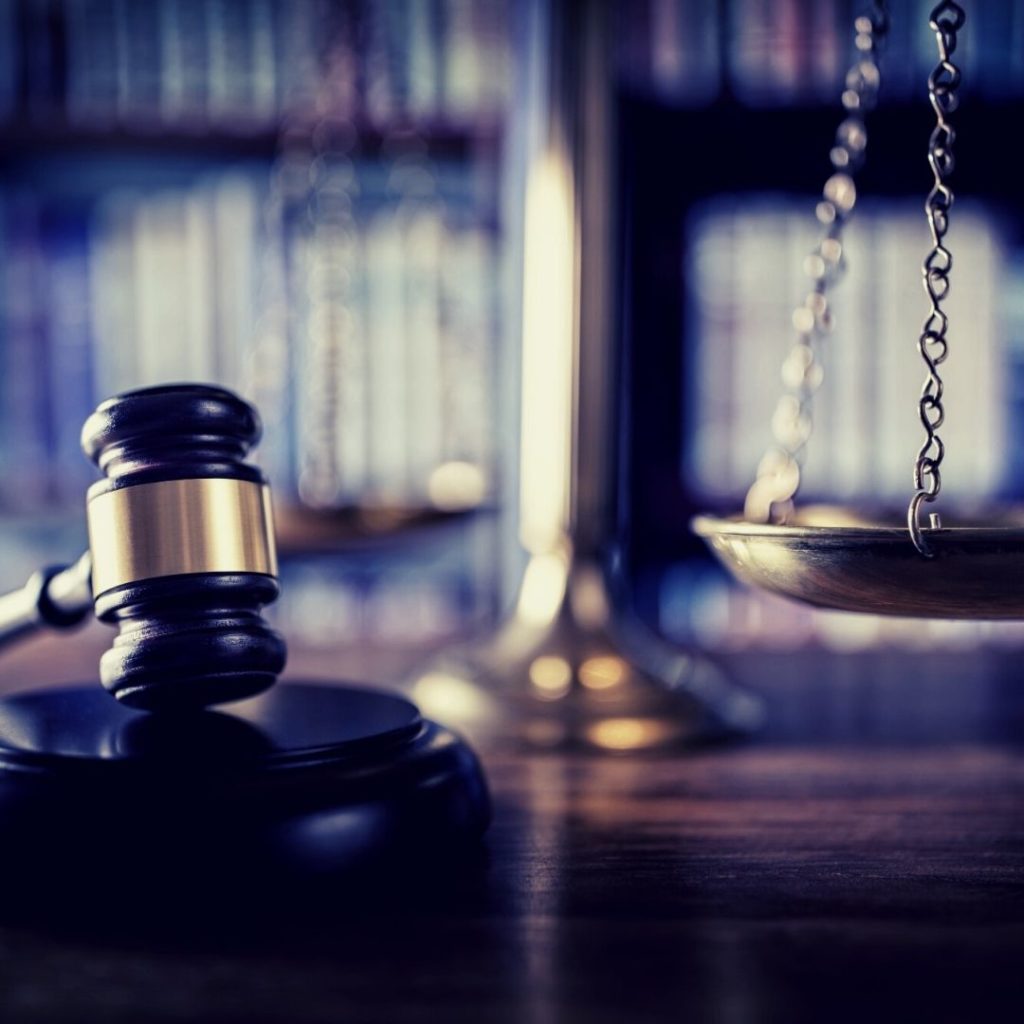
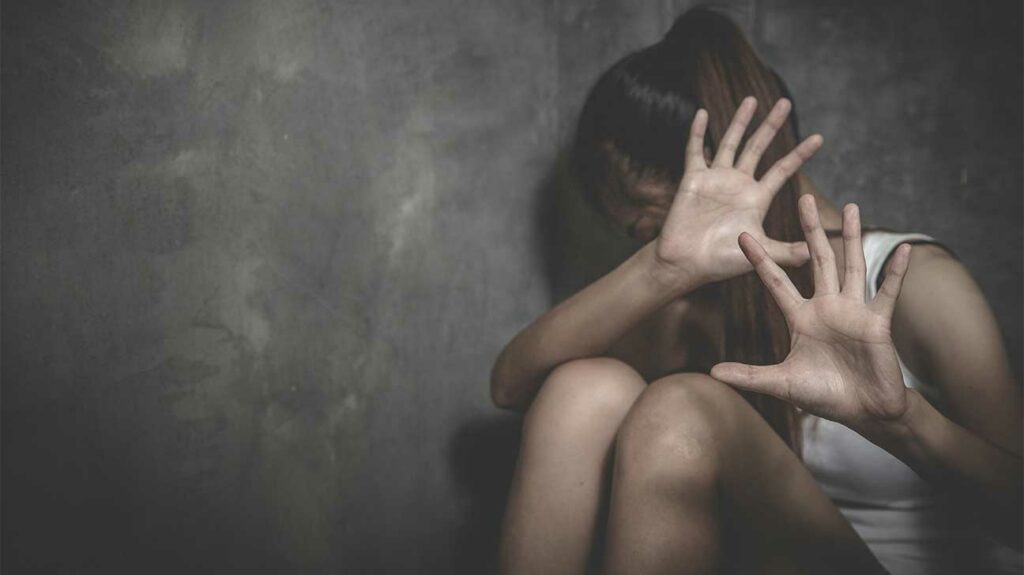
After forming the general theory of the case, our next step was to establish that the actions depicted in the text messages – a forceful, violent sexual assault – could not have occurred without the alleged victim waking up or coming to. To establish this, we utilized the services of a forensic psychologist who specialized in the effects of alcohol on the body. Given the amount of alcohol consumed by the alleged victim, as well as her actions the following morning and day, it was highly improbable she would have remained asleep or passed out through a violent sexual assault. This evidence, combined with her motive to fabricate, was presented to the jury in a week-long trial.
After nearly a year of investigation, nearly another year of litigation, and a week of trial, the jury returned a verdict of Not Guilty to all charges and specifications in a matter of hours.
Defending Service Members Globally
Wherever Duty Calls, Our Defense Follows


